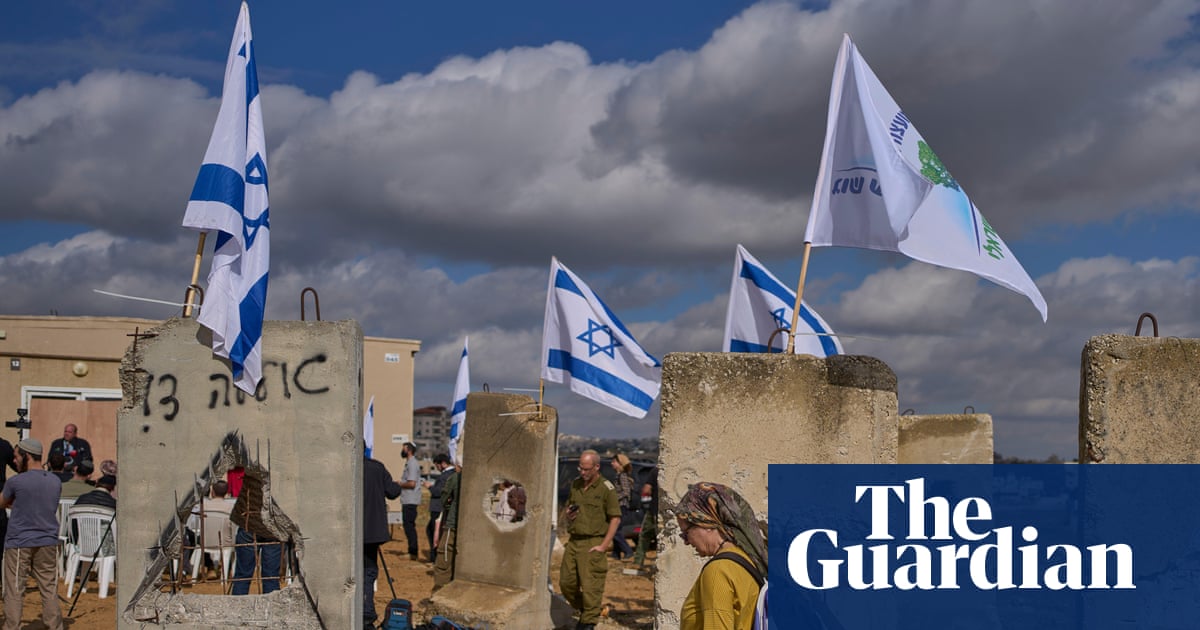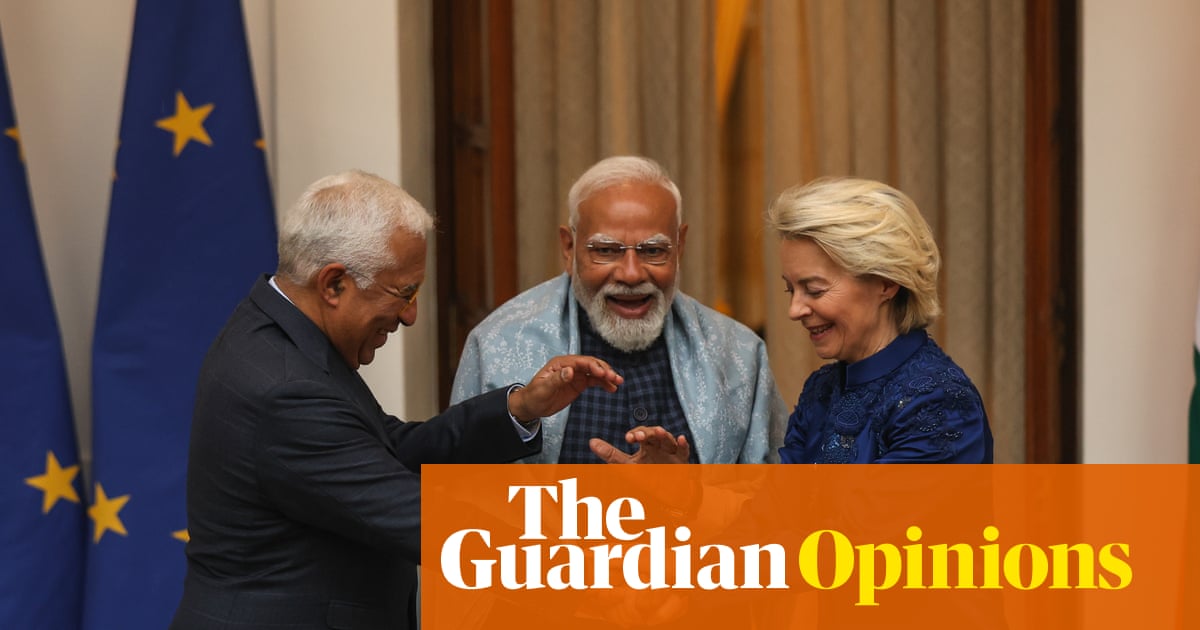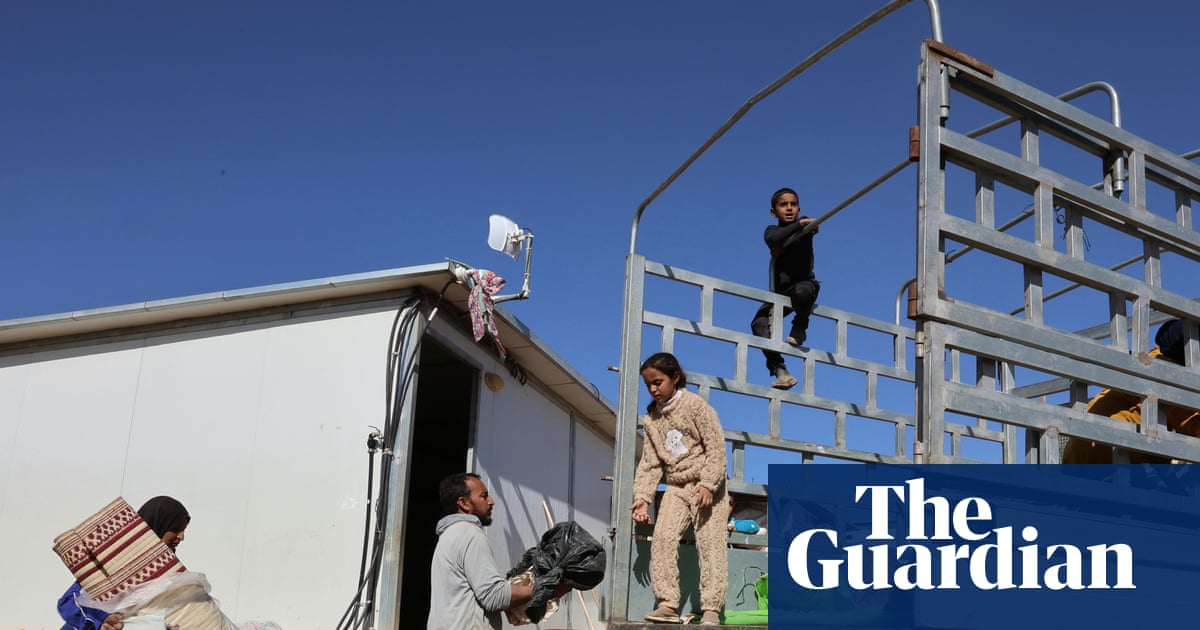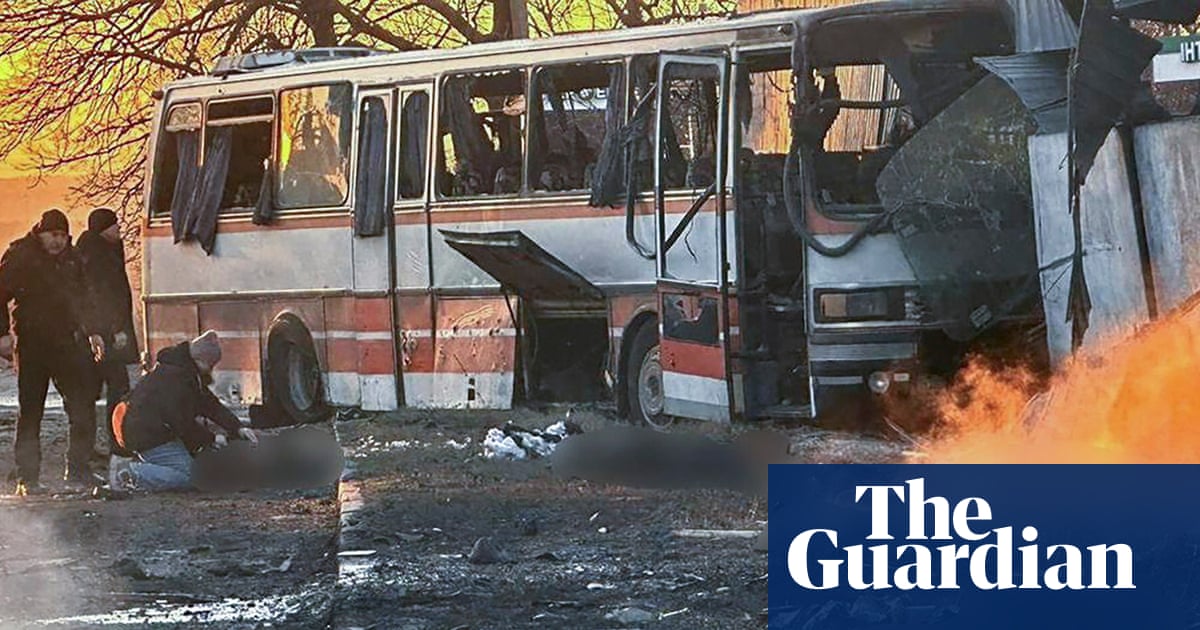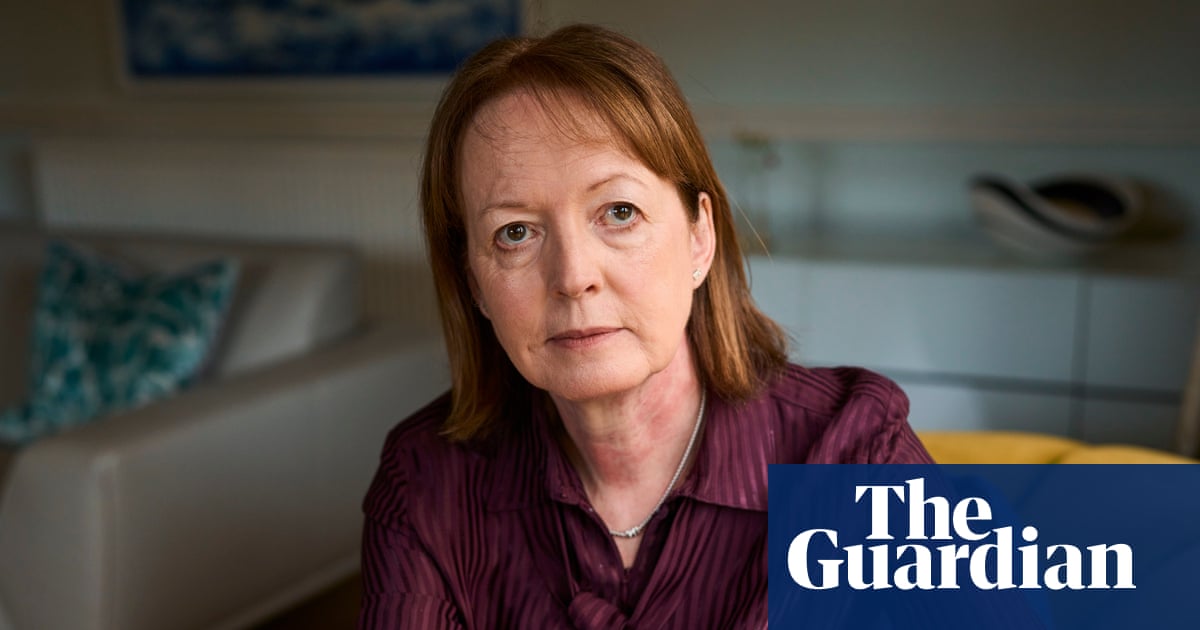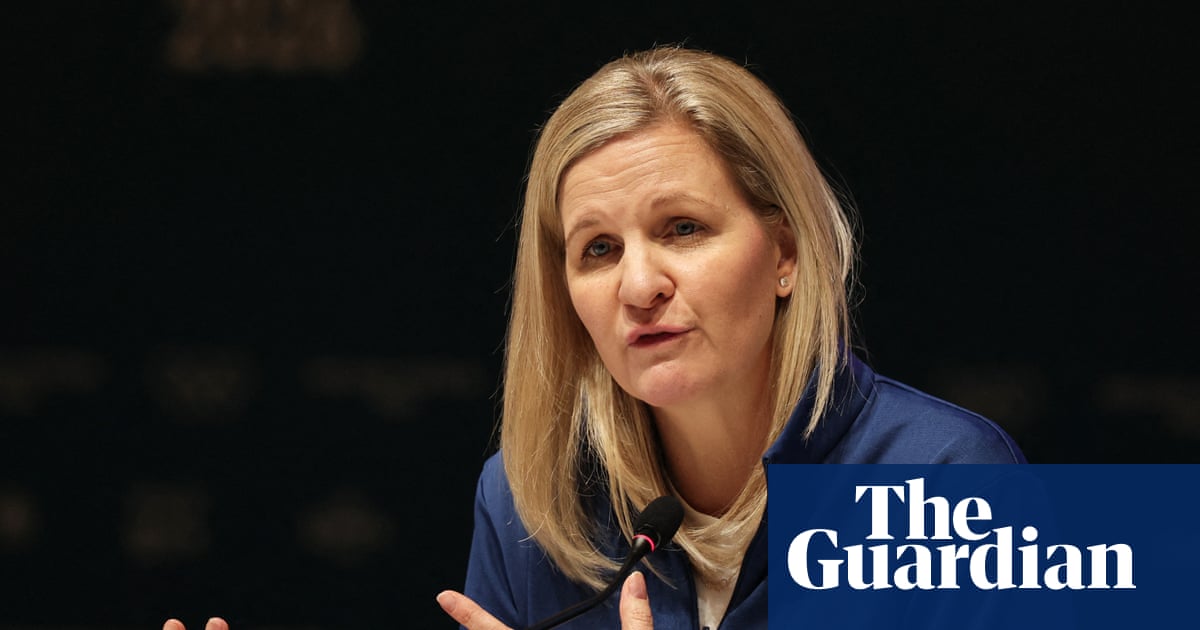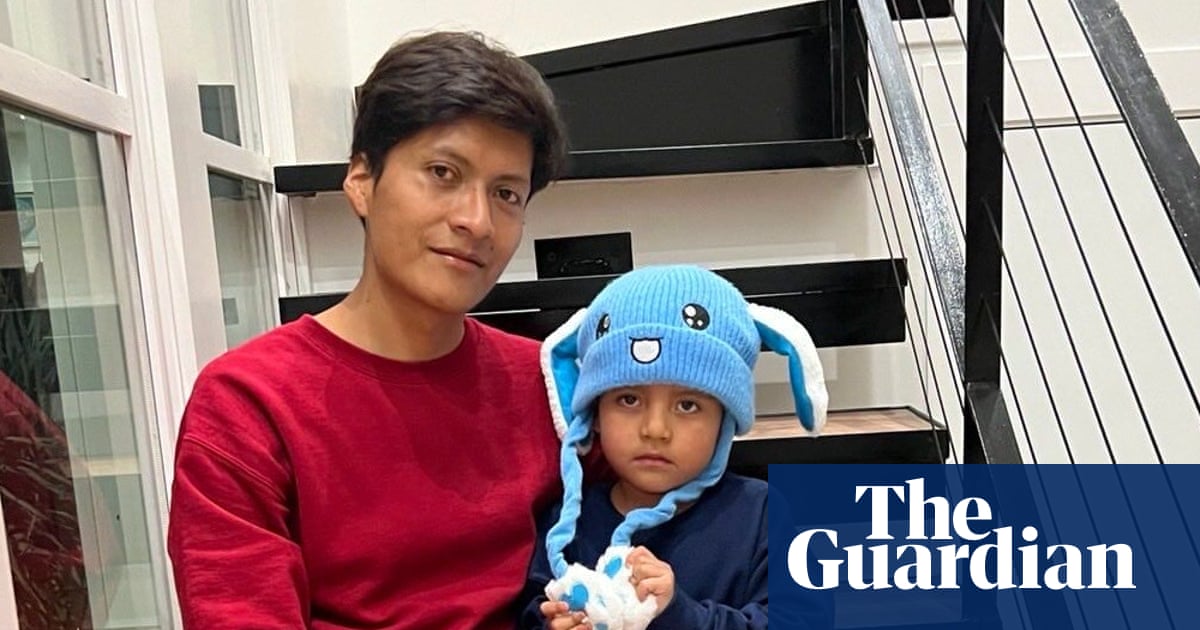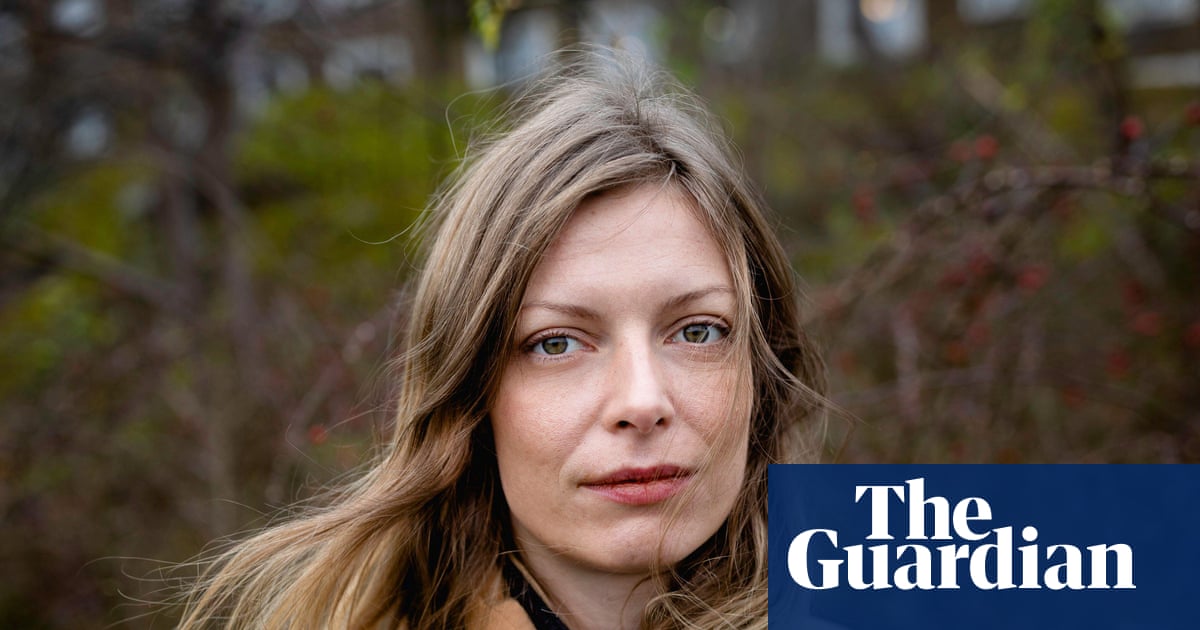A teenager from Gaza who has been denied an opportunity to attend school in Britain and be reunited with her mother has said she is “stuck in hell”, despite other European countries making exceptions for students from the region.
Dania Alafranji, 16, was accepted on to the Nsouli Scholars Programme to attend Reddam House school in Berkshire more than 18 months ago, but has yet to receive a visa that would allow her to escape the war in Gaza, with her family saying that they feel helpless and have been “going in circles” trying to get her to Britain.
Dania says that she cannot remain in Gaza, not only due to safety concerns but also because she is intent on pursuing an education that is not possible there any more.
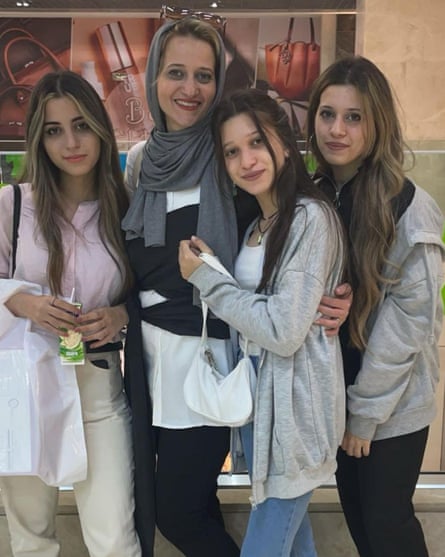
“Everything was relatively normal, then suddenly we found ourselves stuck in hell,” she said. “We can’t learn here, 90% of the schools and universities here have been destroyed, and the rest are used as shelters. The war is not my fault, and it’s not the fault of the other 600,000 Gazan students.”
Dania, who wants to work in cybersecurity and has been studying by herself online for the last two years, said being in Gaza was “like an oven, and the fire is burning us not just from the outside but the inside as well”.
The UK Home Office has allowed some students to come to Britain but only those who are accepted on to the Chevening Scholarship, which is open to university-age students and would allow those who are accepted to stay for only one year. It has a longstanding policy not to comment on individual cases, but states that students must be 18 years or over to be eligible for support.
The family say, however, that this policy has not been adhered to consistently, with young people without visas from other wartorn countries such as Ukraine being allowed to enter Britain despite facing the same obstacles as Dania.
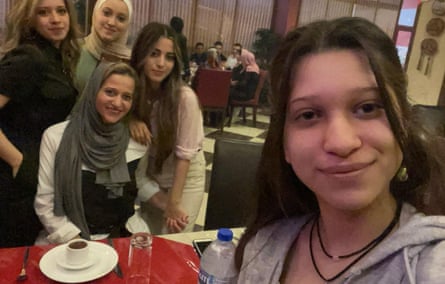
It is understood that some of Dania’s contemporaries from Gaza have been allowed to go to other European countries, such Italy, Belgium, Ireland and France, which have made exceptions due to their circumstances.
Dania’s mother, Hayat Ghalayini, says the process of trying to get her daughter to safety has left her feeling “completely helpless”, adding that officials she has contacted have told her they “feel her pain” but have done little to help or clarify the situation.
“They say that because she does not have a visa she cannot come, but she cannot get those things without leaving Gaza. In order for Dania to get a visa, she needed to submit some biometrics. But because of war there were no means for her to get those biometrics through,” said Ghalayini. “It’s a catch-22, we are just going in circles.”
Ghalayini, 46, left Gaza during the first months of the war at the behest of Dania and her adult daughters, thinking that she would be reunited with them within a couple of weeks. She has since settled in Manchester with her husband, but doesn’t understand why her youngest daughter, whom she hasn’t seen since she was 14, cannot be with her.
“A lot of people in the Home Office have children, and if they could just look at it from a strictly humanitarian perspective, they’d see a 16-year-old who is scared and in danger, and just wants to learn and be safe,” Ghalayini said.
“If they could just give me a reason, then I would be happy with that, but she’s just a girl whose whole education has been halted. They did the same for the Ukrainian children. They did the same for children from other areas of war, children who had no connections to the UK. I just don’t understand, why can’t they help my daughter?”
The Home Office has been approached for comment.

 3 months ago
59
3 months ago
59









